Since its debut in 1963, Doctor Who has become one of thelongest-running shows on TV.
The sci-fi series was released on the BBC from 1963 to 1989 before it was wrongfully canceled.
Luckily, writer Russell T. Davies revived the series in 2005.
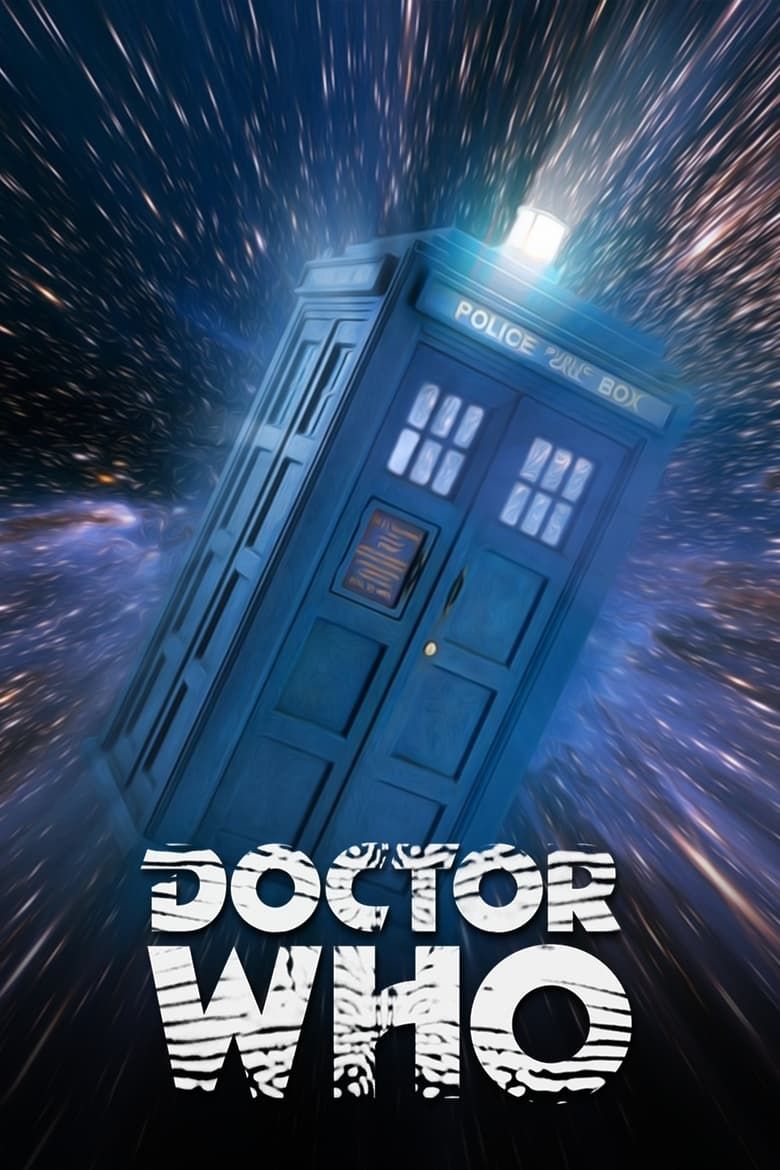
Consequently, the original episodes were labeled the Classic era of Doctor Who or Classic Who.
With 696 episodes ofClassic Doctor Who, the first era of the show can feel daunting and inaccessible.
The episode also subtly introduces the TV shows ongoing progressive stances on social issues.
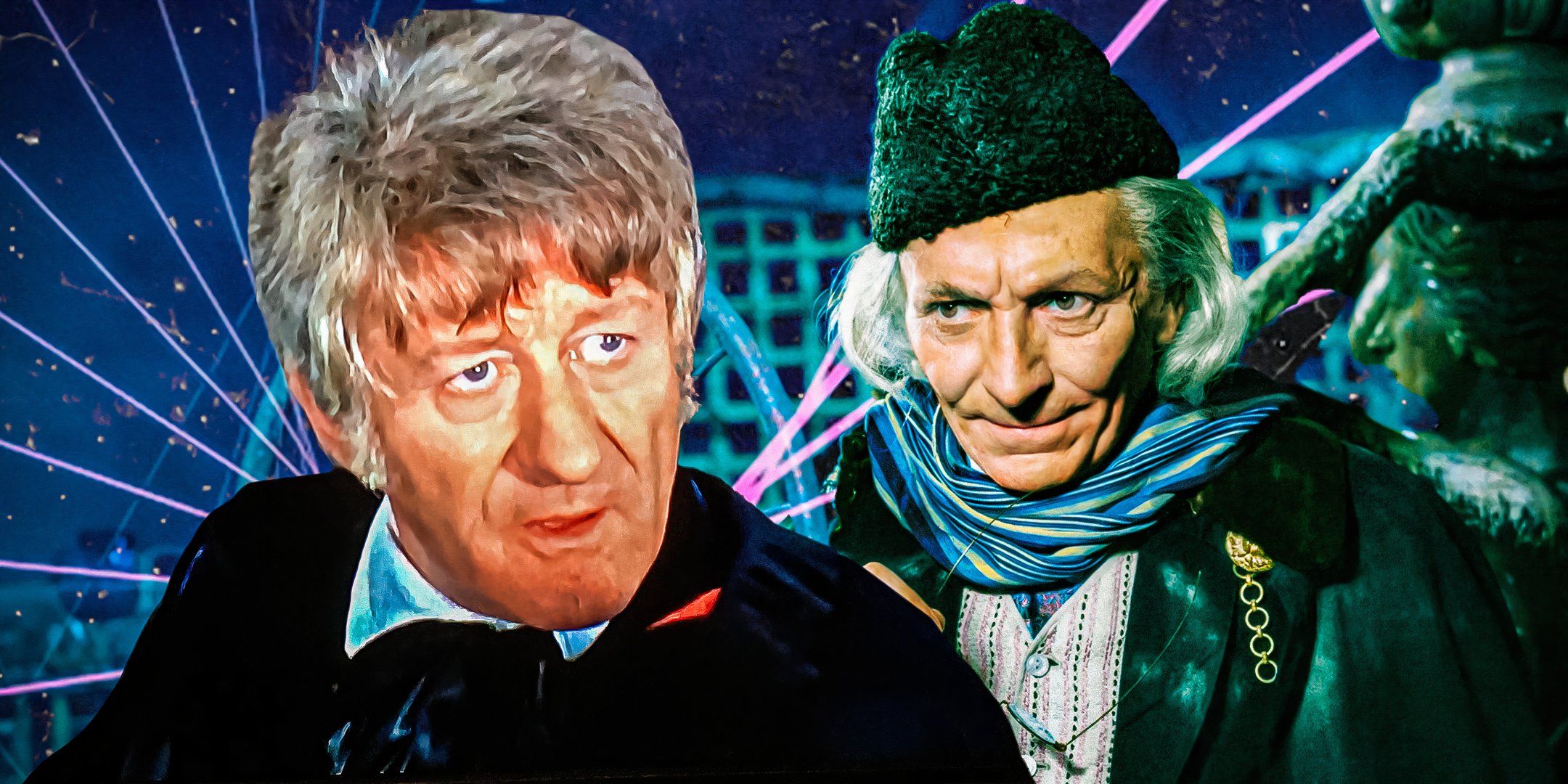
Custom Image by Yeider Chacon
Despite what some people say, Doctor Who has always been ahead of its time.
The pilot shows Susan objecting to the rewriting of history in a textbook book, which sets the expectation.
(Though, theres certainly still some latent sexism and racism that the show changes over time.)
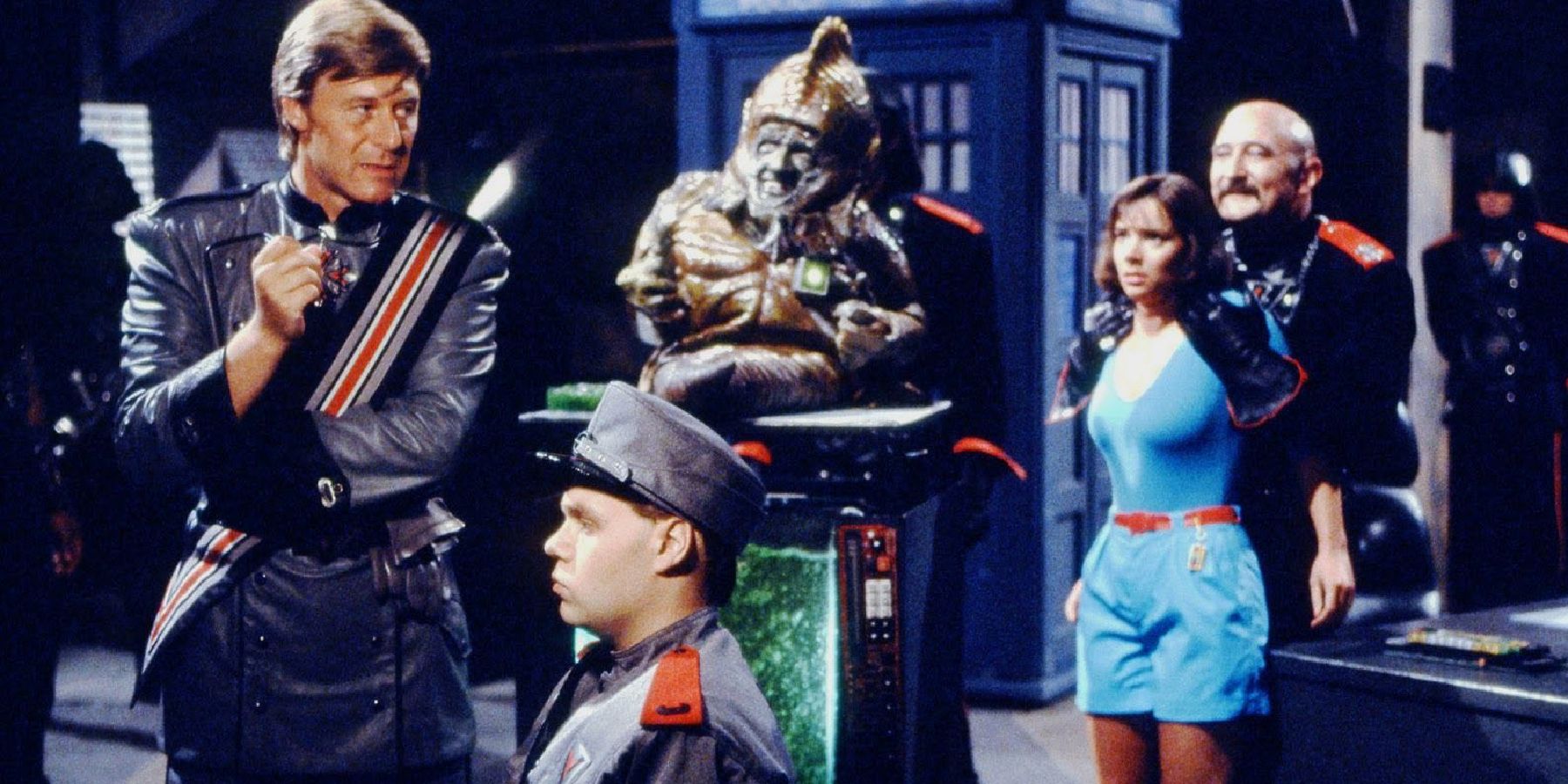
Some of the most iconic companions including Sarah Jane, Susan, and Tegan appear in The Five Doctors.
It also includes more violence (although thats always been present in the show).
The satire is intelligent and makes its point.
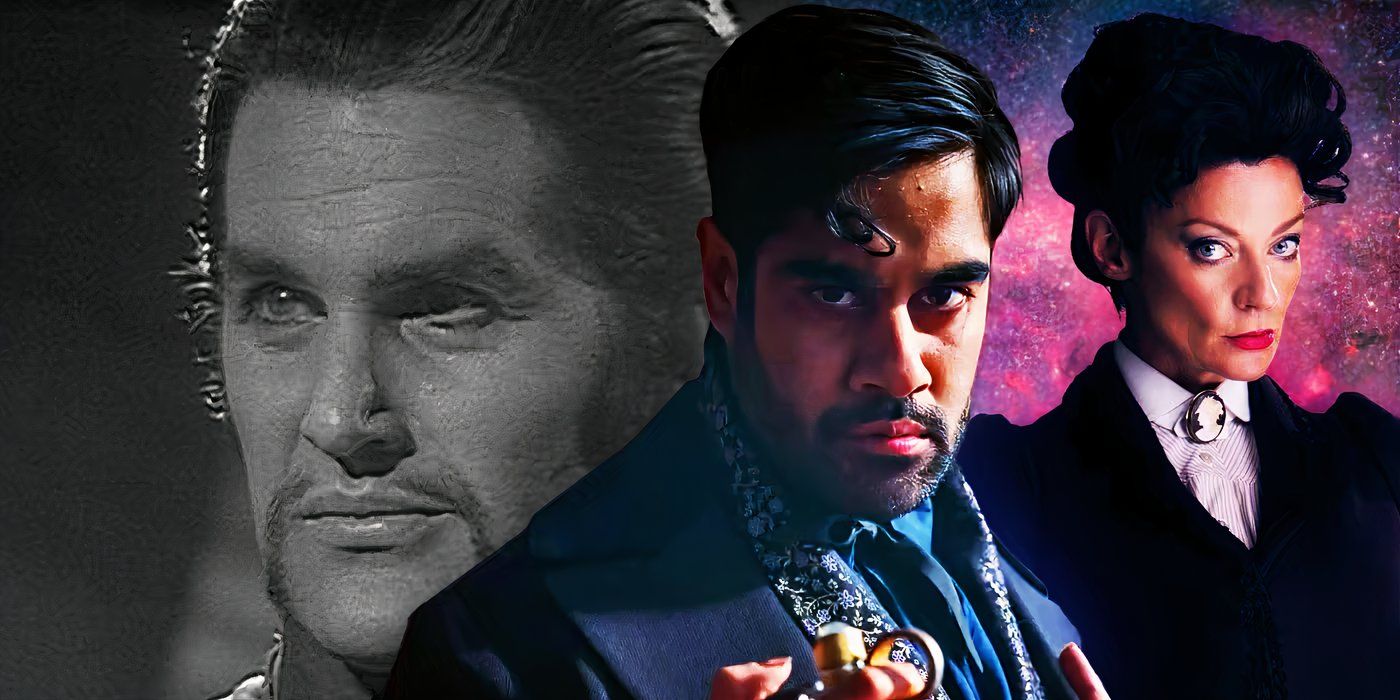
Strangely, the message also resonates nowadays as commentary about reality TV, so it doesnt feel dated either.
The episode could also be seen as a turning point of sorts for the franchise in one significant way.
It becomes more common after City of Death and then becomes a regular part of Revival Who.
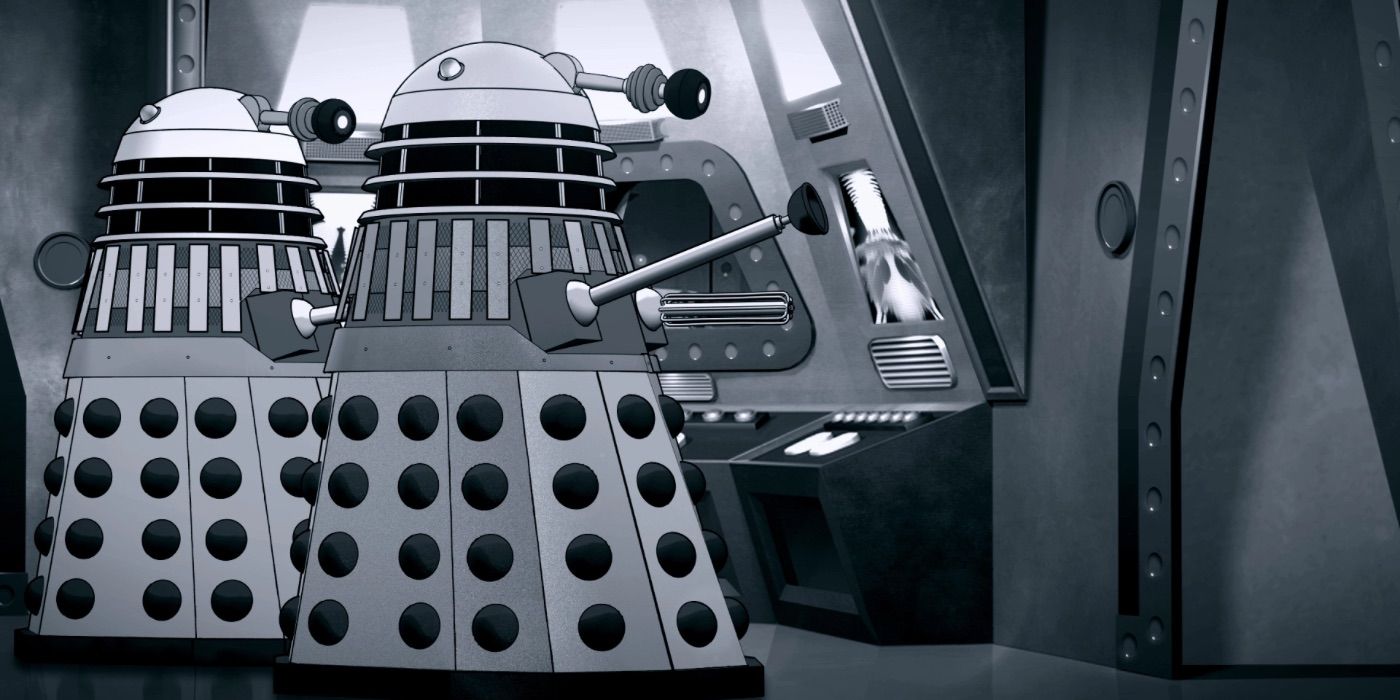
The Second Doctors debut in this episode is the introduction of regeneration for both the companions and the audience.
The previous Dalek episode didnt show just how big of a threat they were.
In this episode, they massacre almost an entire planet of people with relative ease.
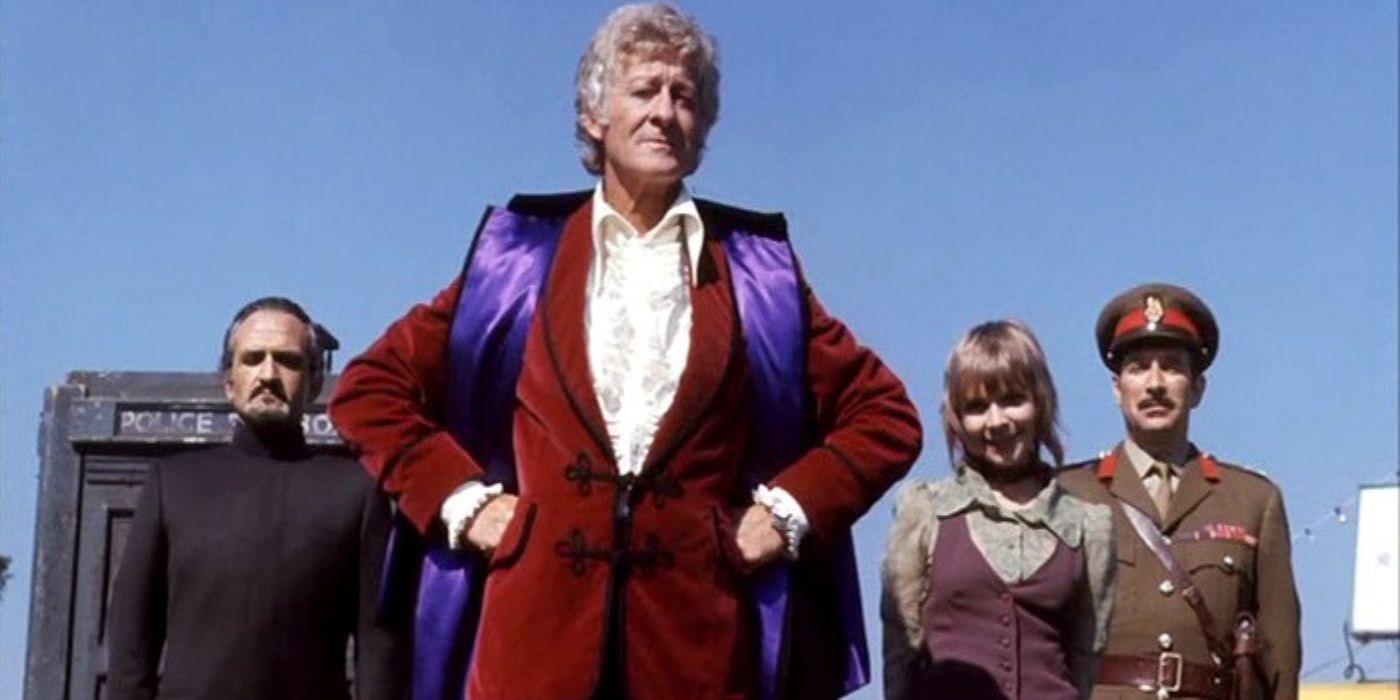
The story also shows how clever and manipulative these villains can be characteristics that make the Daleks enjoyable.
Like the Doctor, every version of The Master/Missy has a slightly different personality.
Roger Delgados version of The Master is charming, cunning, and has a flair for the dramatic.
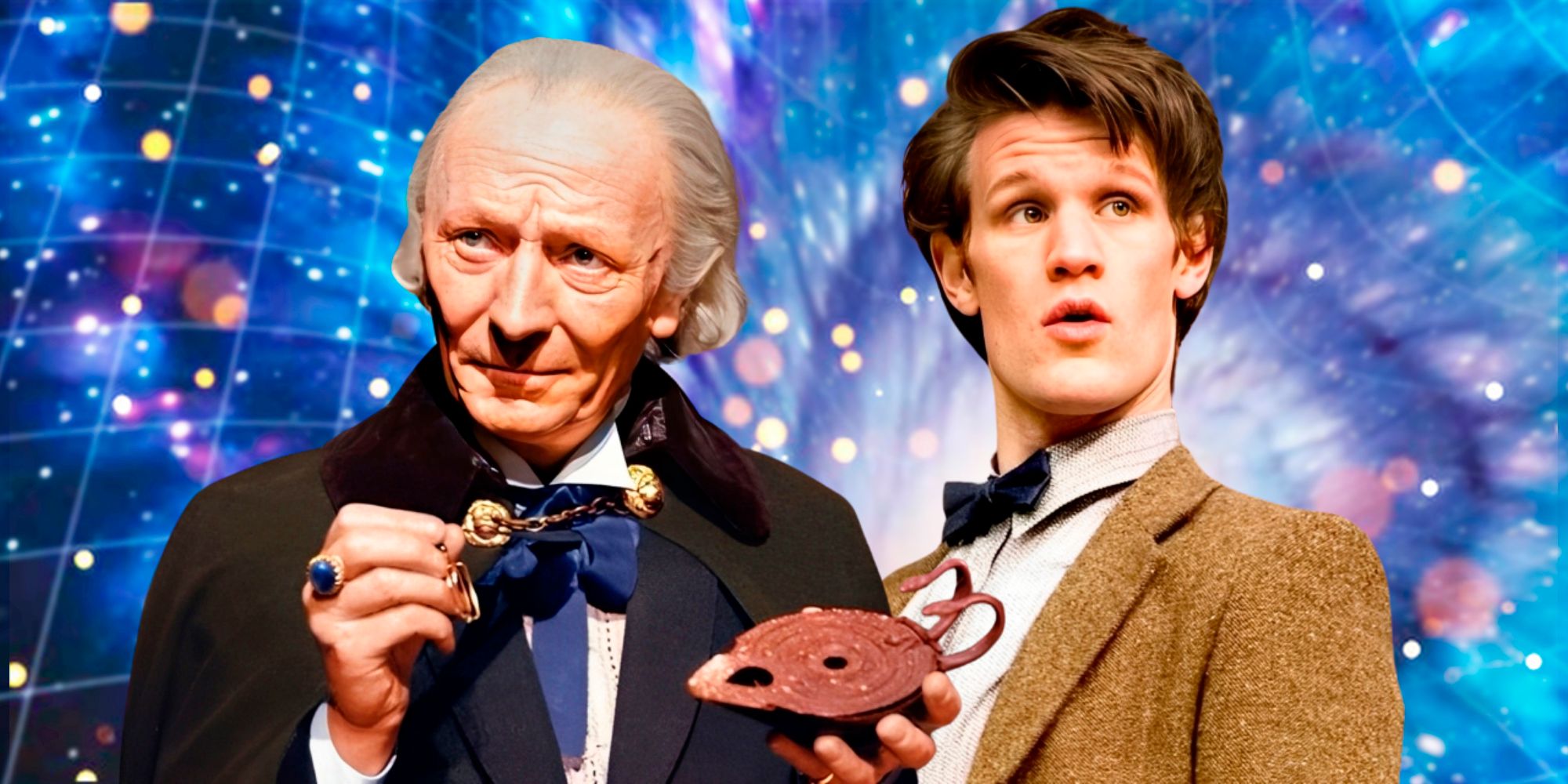
It gives a mummy story a perfectly Whovian twist, introducing the Osiran alien named Sutekh.
Those who have watched Revival Who will know that this isnt the case.
Unfortunately, a foolish choice leads to his death at the last moment.
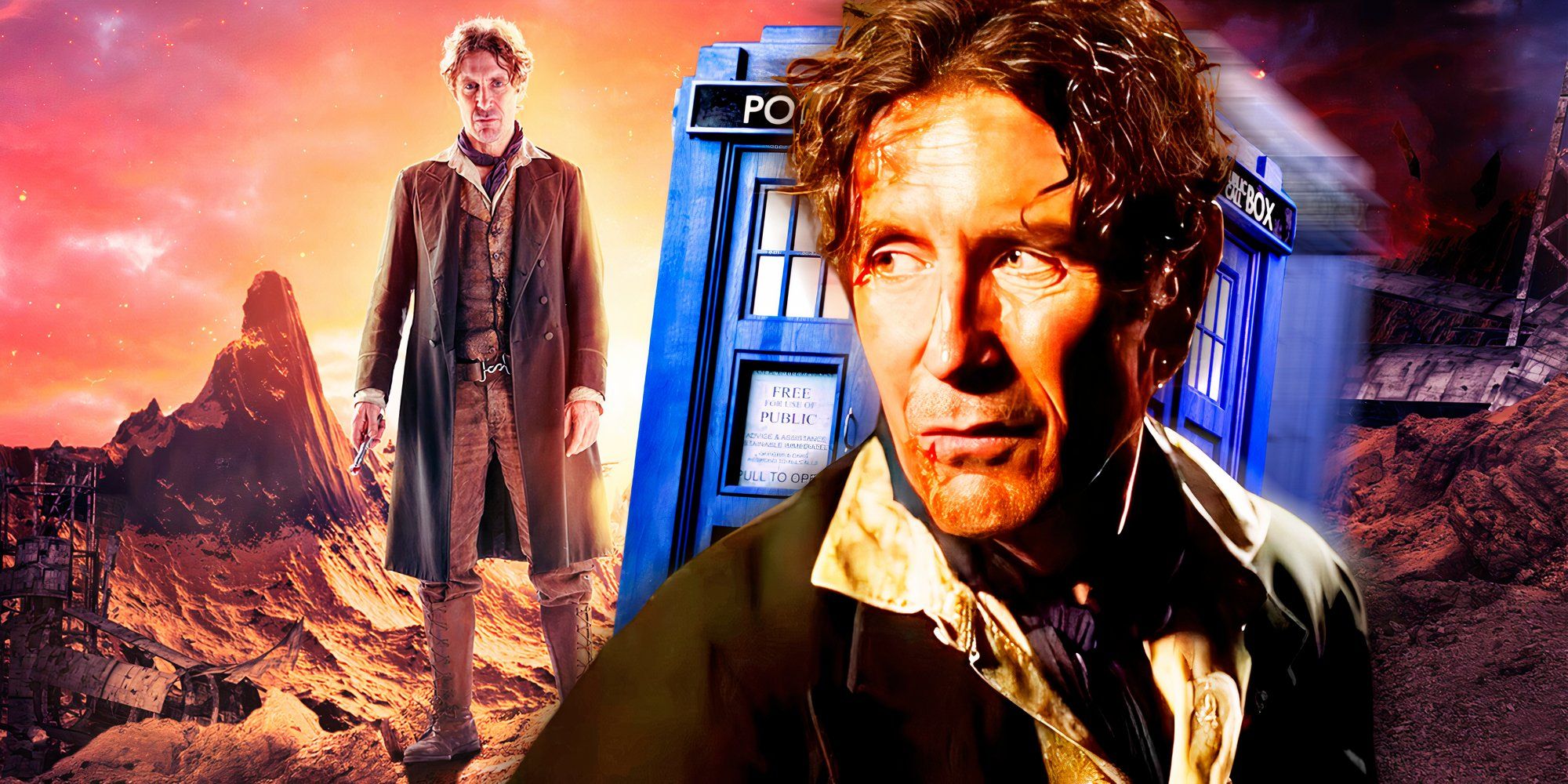
Additionally, his death has come up in Revival Who and Modern Who.
The Curse of Fenric is noted as the biggest moment he shows his real mentality as a character.
His treatment of Ace, one of thebest Doctor Who companions, shows just how far hell go.
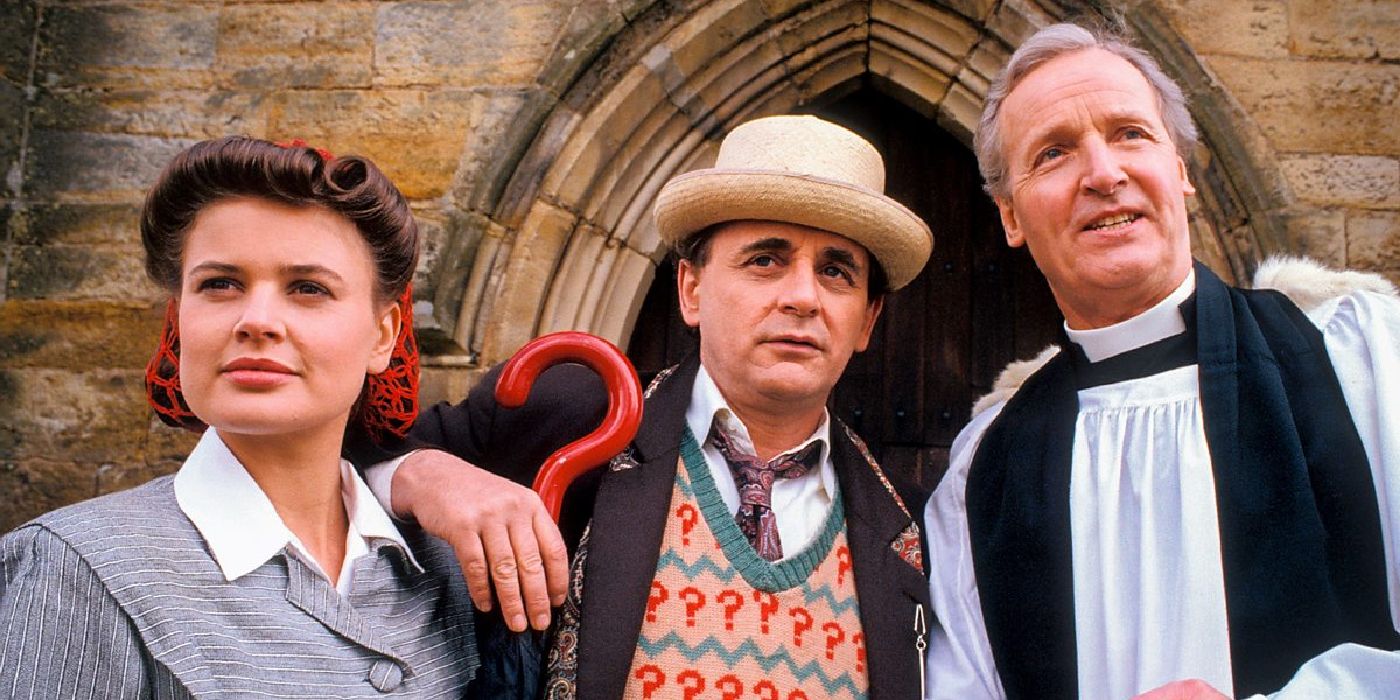
The Curse of Fenric is quick-paced and has a sharp, layered script with many similarities to the revival.
The story also has a Lovecraftian feel to it that is present in both Classic and Revival Who episodes.
This choice might seem odd because its a rare episode where the Doctor goes without a companion.

The War Games could be argued as more important to understanding the Time Lords.
Unfortunately, I couldnt justify including it as an episode since the story arc spans ten episodes.
Viewers get a firsthand glimpse at the society.

Plus, thisDoctor Whostory from the Classic era is really entertaining and well-told, with a few surprising twists.
Your Rating
Your comment has not been saved
Cast
